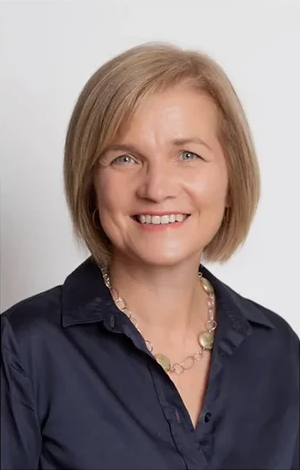Duty of Care
All staff at South Marston have a duty of care to report concerns when they arise. If a member of staff has a concern about a child, they will report it to the Designated Safeguarding or the Deputy Designated Safeguarding Lead. Parents and carers will be informed of such concerns unless to do so would increase the risk to the child.
A written record of any concern will be kept on file and shared with other Safeguarding professionals as necessary. Written records and any other documentation related to Safeguarding will be transferred to the children's new schools when they leave South Marston. South Marston CE Primary will not keep copies of any documents transferred to new schools. We work in line with the DfE statutory guidance ‘Keeping Children Safe In Education’ and follow the information-sharing guidance included in this document and in ‘Information-sharing : advice for practitioners providing safeguarding services to children, young people, parents and carers.’
NSPCC Safeguarding Children and Child Protection
NSPCC Child Protection in the UK



